International Christian Adoptions
Let us say upfront that foster care is not about you. It’s the furthest thing from a self-help program or an easy ride, and it’s not something to be entered into lightly.
But for those who are aware of the challenges and prepared for the work, foster care can be a profoundly rewarding experience—even in the midst of the demands and pressures that are common to parenting of any kind.
- You will be challenged to love in new and creative ways.
“Encouraging a child means that one or more of the following critical life messages are coming through, either by word or by action: I believe in you, I trust you, I know you can handle this, You are listened to, You are cared for, You are very important to me.” – Barbara Coloroso
A foster child brings new quirks, demands, preferences, and conflicts into the house. It’s like adding another dimension to your family.
- You will never wonder whether your work matters.
Caring for children in need is often difficult—especially when they have experienced trauma or neglect, as so many foster youth have—but you need never question the value of your time with a foster child.
Some 30,000 teens age out of the foster care system every year in the U.S. without any support or a place to stay while they grow into independence. Because of your willingness to get involved, the child in your home can have a different story.
- Your capacity to love will grow.
“There really are places in the heart you don’t even know exist until you love a child.” – Anne Lamott
As every parent knows, love is not a zero-sum kind of thing. In fact, with each new child, love multiplies—and welcoming a foster child into your heart is no exception.
- You will acquire new ideas, techniques, and wisdom as a parent.
Because of the unique challenges of nurturing and caring for foster children, many parents find their horizons expanding. There’s nothing like a fresh perspective to help us grow and learn, and as you meet each new challenge, there’s a good chance you will become more skillful and attentive in all of your relationships.
- Your biological children will learn to love and care for others in creative ways.
Foster siblings are nearly as important as foster parents in the life of a youth who has lost their own family base. These relationships are often more personal and complex than friendships—and as foster parents are challenged, siblings will also find new ways of relating to
In the best-case scenario, your children—foster and biological—will love and support one another, even after they leave your home.
- You will stop taking the importance of family for granted.
“It is easier to build strong children than repair broken adults.” – Frederick Douglass
When we’re neck-deep in the rhythms and demands of family life, it’s easy to lose sight of how precious a stable, loving family is. Foster children know. And you will never forget, once you’ve cared for someone who has experienced instability, neglect, or abuse.
- In participating in the healing and care of a hurting child, you will experience the love of Christ more deeply.
“But to all who did receive him, who believed in his name, he gave the right to become children of God.” – John 1:12
Even the healthiest, most mature Christian still lives with pain and brokenness. One of the challenges of foster care is that trying to love someone who is hurting brings more pain to the surface. Expect to be reminded—in your struggles, in your defeats, and in your frustrations—that God enables you to love others by loving you with a father’s heart.
- Because foster care is not about you, it will be humbling and disorienting.
You will learn, or be reminded, what it means to be emptied so that you can fill others. You will not see the world the same way again. And, though your life will have been changed in so many ways, you will finally understand that foster care was never about enriching your own life but meeting the needs of someone who, most of all, needs you.
In trying to anticipate any experience, we naturally imagine what it will be like for ourselves. At ICA, we are especially keen to position families to understand foster care from the perspective of the child’s experience.
Contact us today to learn more about why foster care is such an important service for the most vulnerable children in our society.














